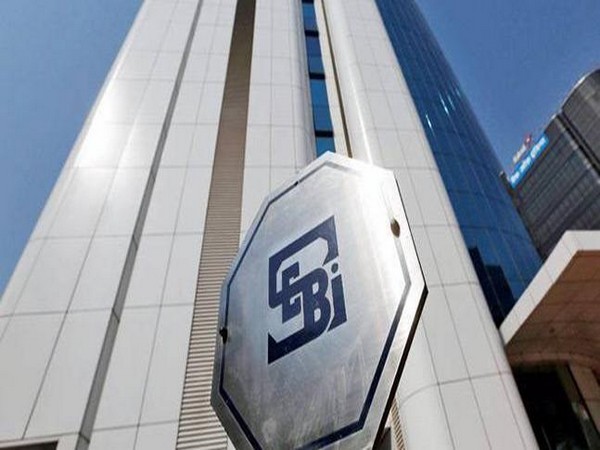Sebi amends InvITs rule; specifies draft filing fees for initial offer, rights issue
The total fundraise also included money collected by unlisted InvITs.At present, 15 InvITs are registered with Sebi and seven of them are listed on the stock exchanges.InvITs are innovative and smart ways for developers to monetise part of their commercial and infrastructure assets.

- Country:
- India
Capital markets regulator Sebi came out with a new norm to implement draft filing fees to be paid by infrastructure investment trusts (InvITs) for initial offers and rights issues.
Now InvITs are required to pay non-refundable filing fees of 0.1 percent in case of the initial offer and 0.05 percent in case of rights issue of the total issue size, including greenshoe option, at the time of filing of the draft placement memorandum or offer letter concerning the private placement, Sebi said in a notification uploaded on its website on Tuesday.
Earlier, the InvIT was required to pay non-refundable filing fees of 0.1 percent of the total issue size, irrespective of the type of issue.
To give this effect, the Securities and Exchange Board of India (Sebi) has amended InvIT rules.
InvITs are relatively new investment instruments in the Indian context but are extremely popular in global markets. It comprises a portfolio of infrastructure assets such as highways, and power transmission assets.
A total of Rs 21,195 crore was collected through InvITs in 2021-22. The funds were raised through initial offer, preferential issue, institutional placement, and rights issue. The total fundraise also included money collected by unlisted InvITs.
At present, 15 InvITs are registered with Sebi and seven of them are listed on the stock exchanges.
InvITs are innovative and smart ways for developers to monetize part of their commercial and infrastructure assets. These are otherwise long gestation assets and these vehicles provide an opportunity to release capital to reinvest in new projects.
For investors too, this provides an avenue to participate in income-generating assets which are otherwise beyond one's reach given the size and complexity of managing operations.
(This story has not been edited by Devdiscourse staff and is auto-generated from a syndicated feed.)
- READ MORE ON:
- Securities and Exchange Board of India
- InvITs
- Indian
- Sebi
- InvIT










